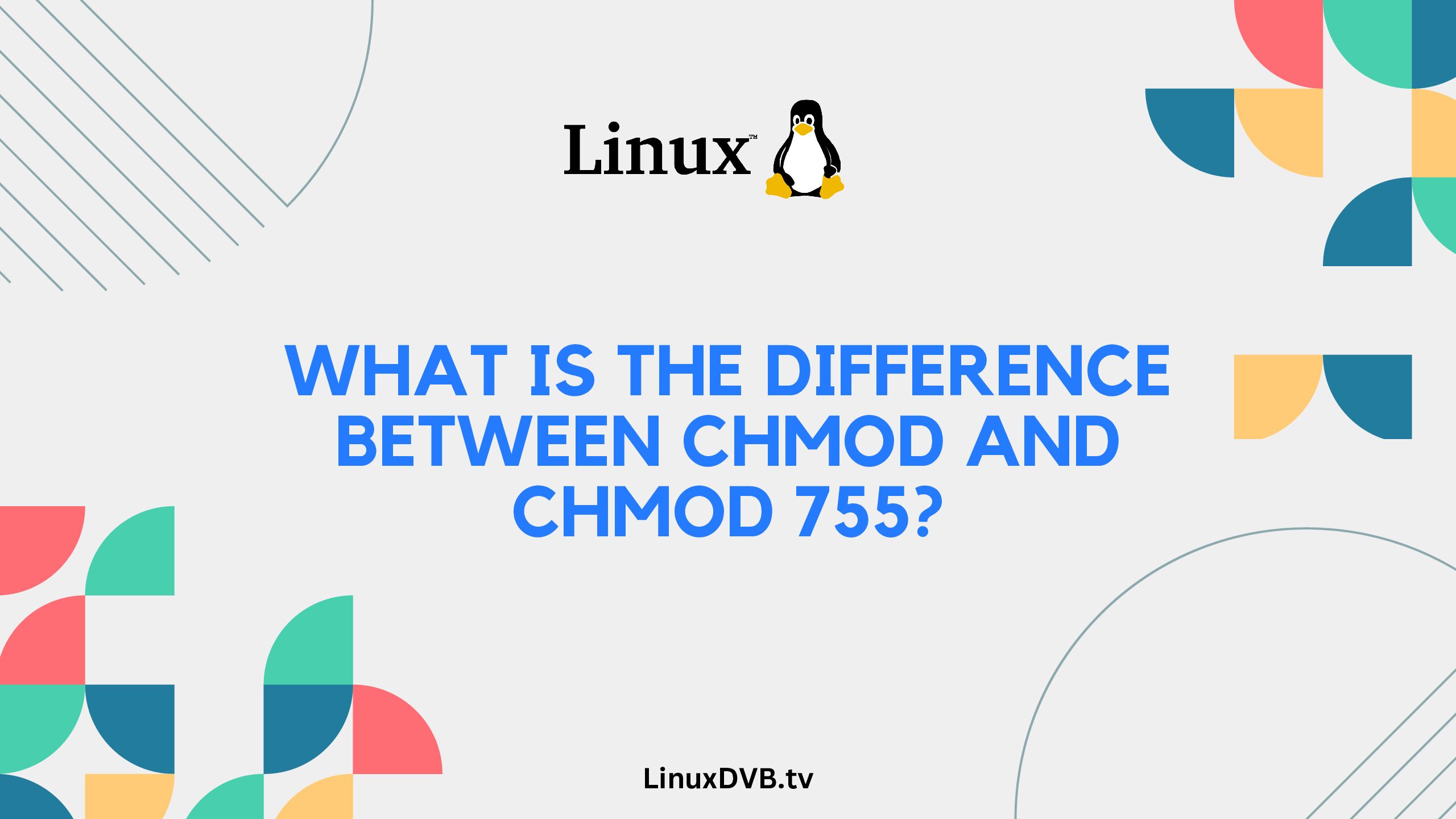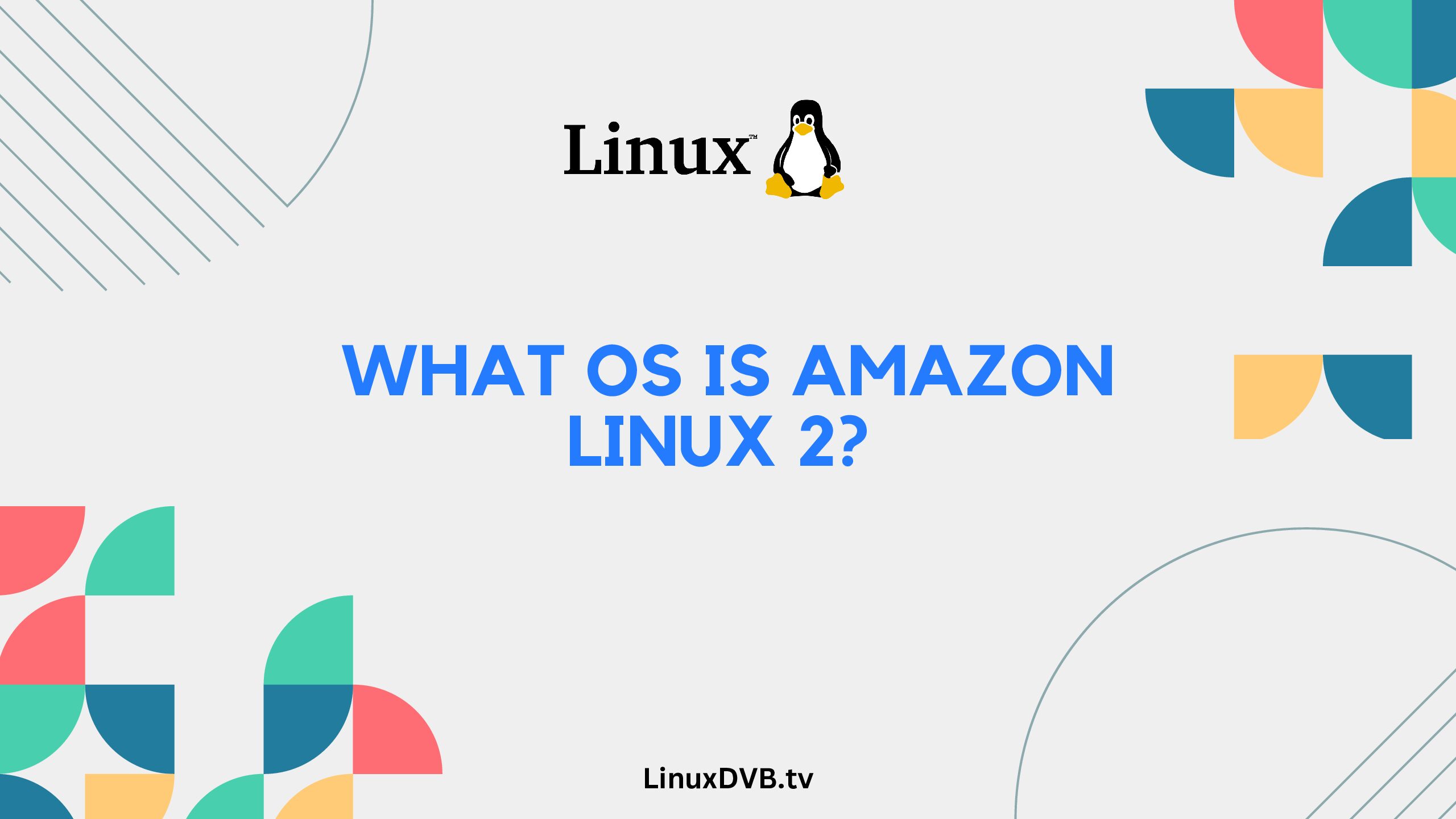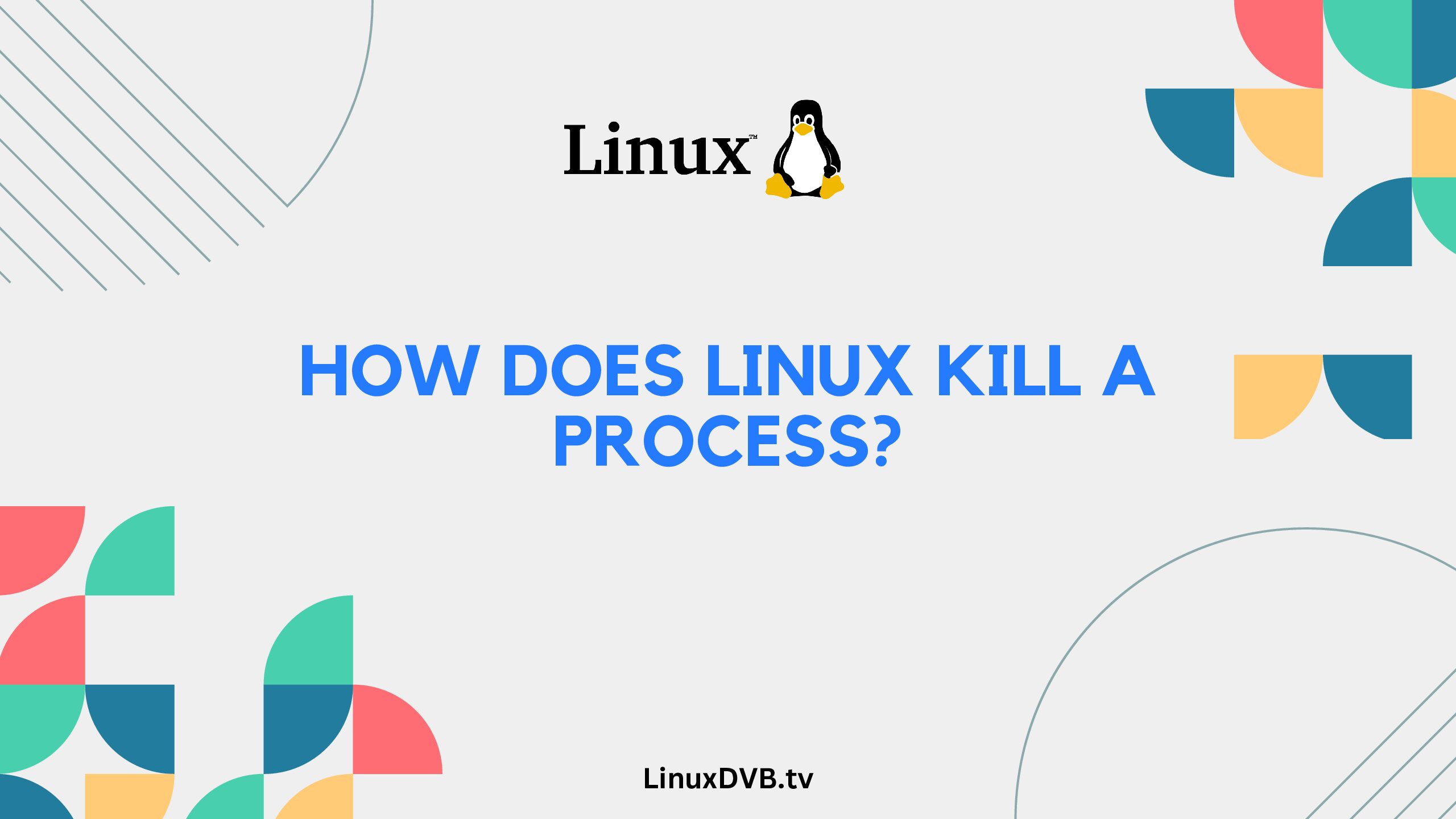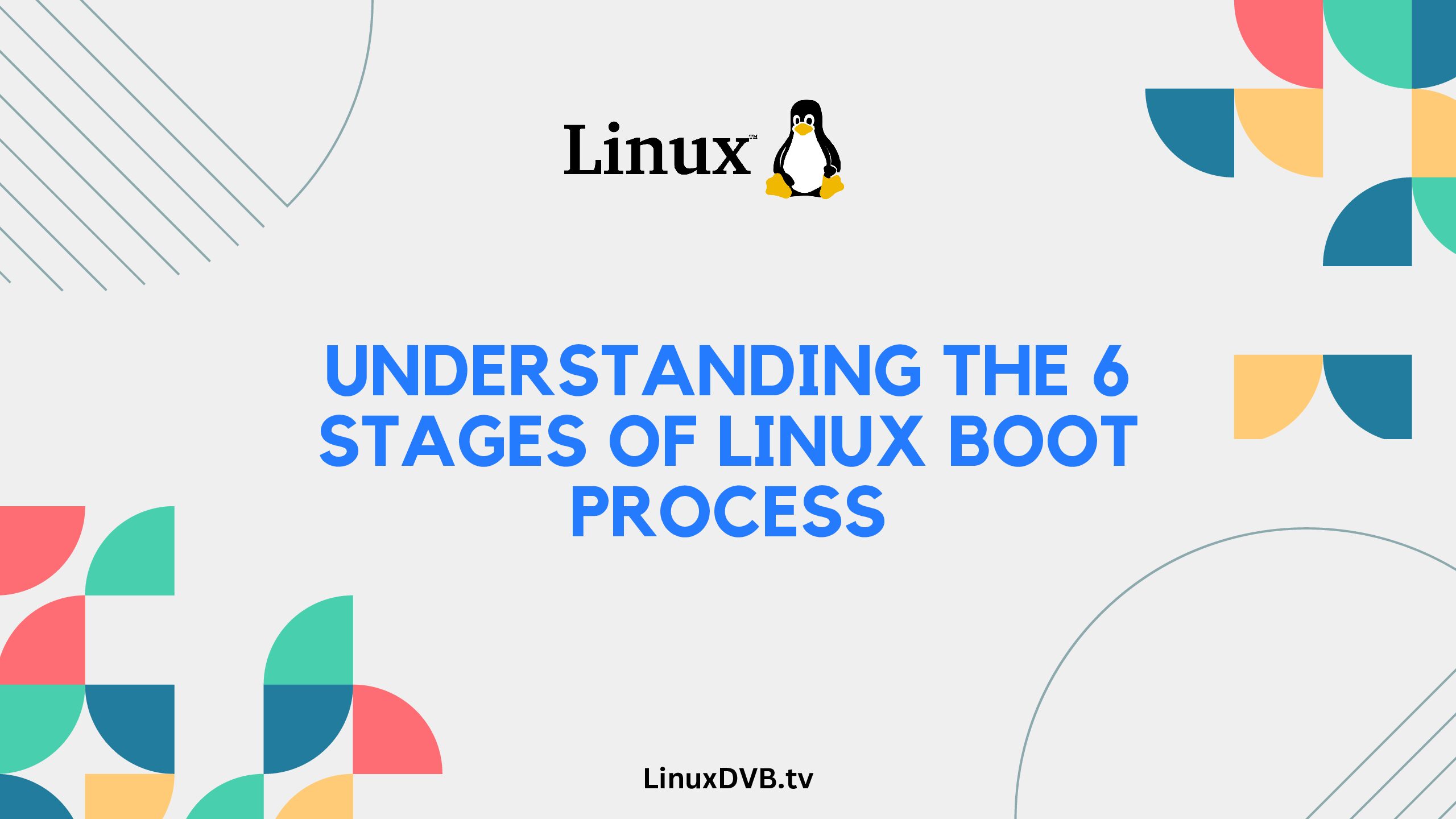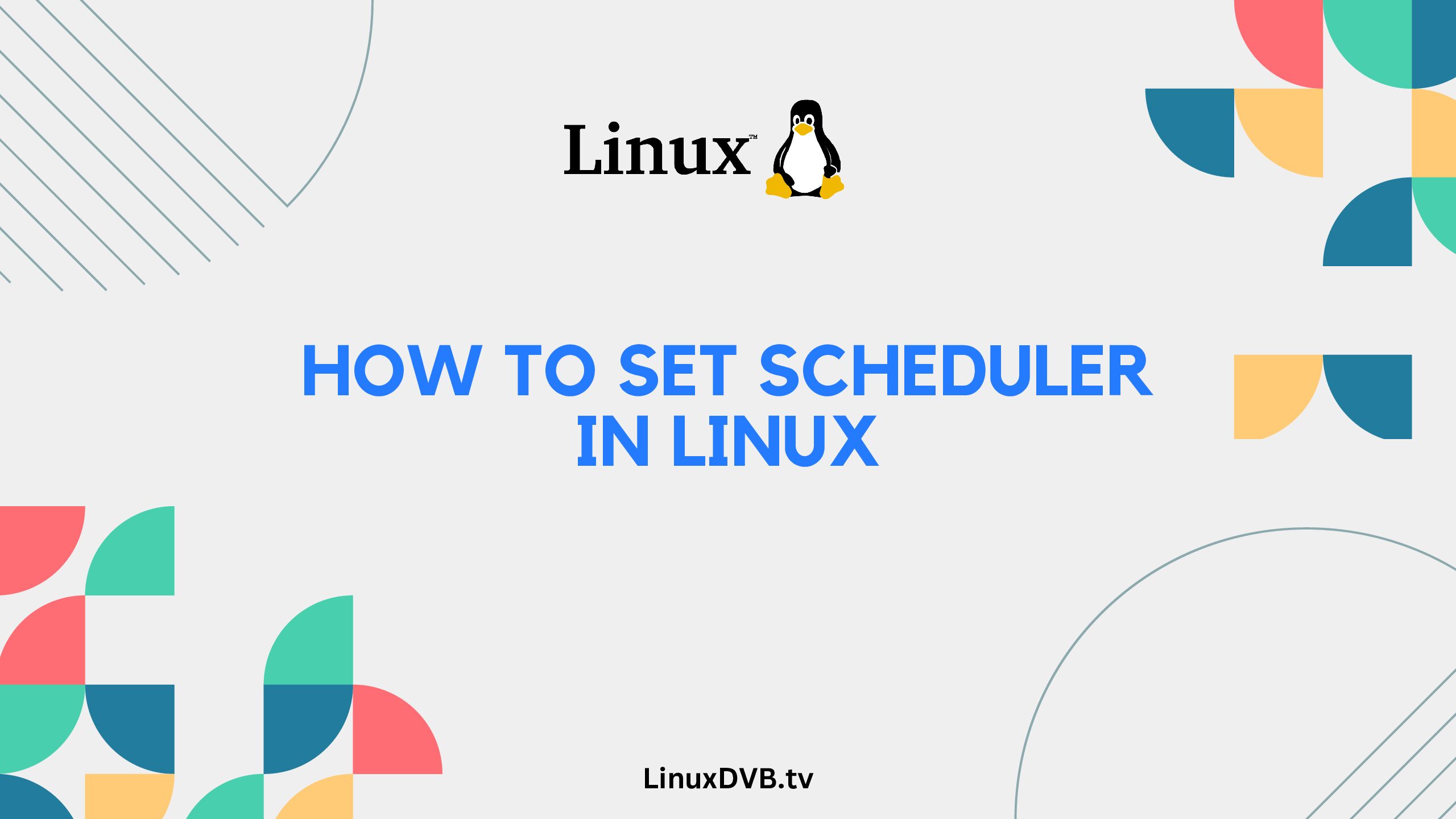What is the Difference Between chmod and chmod 755?
Introduction When it comes to managing file permissions in a Unix-like operating system, the commands “chmod” and “chmod 755” are frequently used. However, they serve different purposes and have distinct effects on file access. In this comprehensive guide, we will delve into the details of both commands, outlining their differences, use cases, and implications. Whether … Read more

